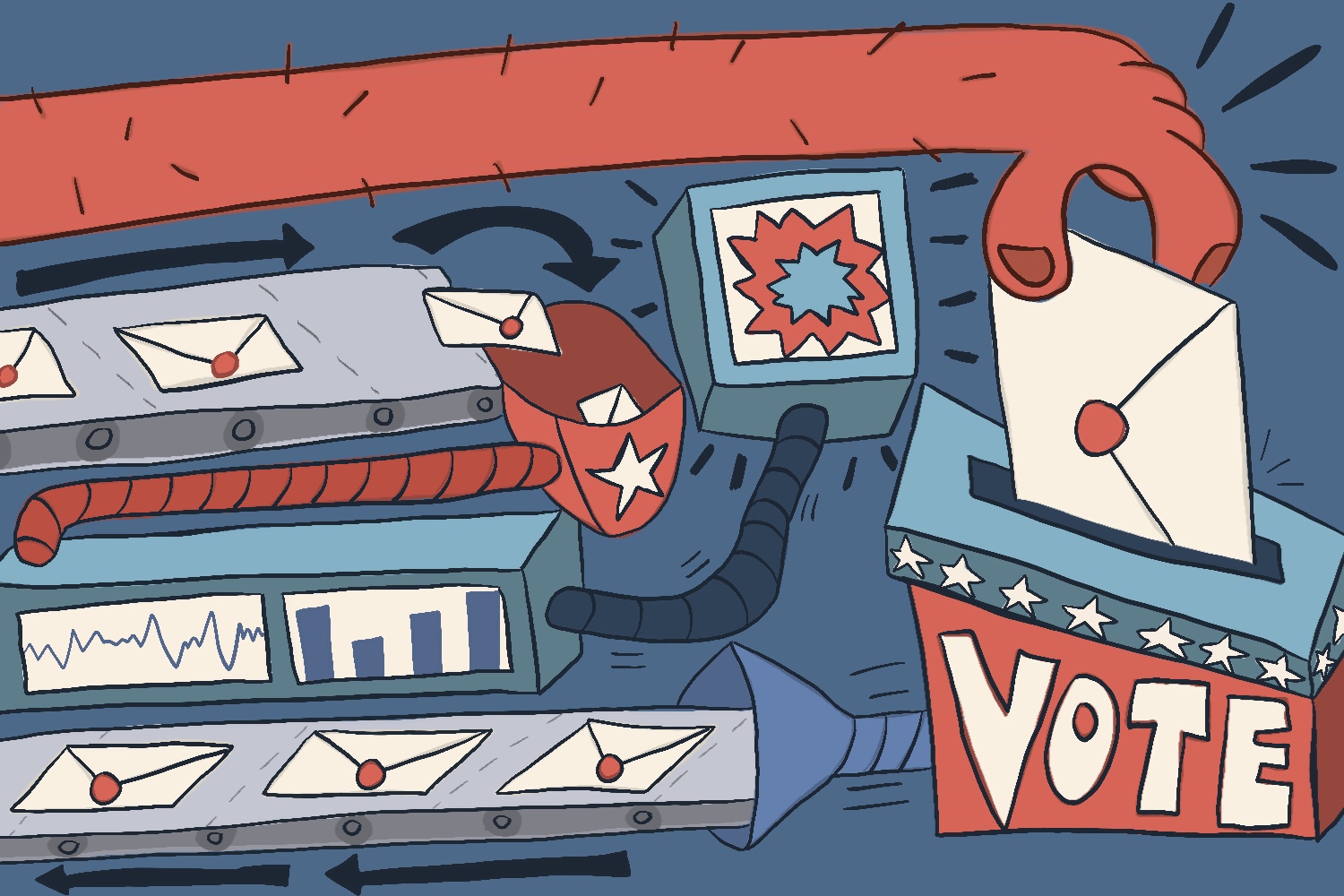For financially struggling and busy college students, abandoning a typical nine to five job in favor of a quicker moneymaker can be very appealing. Recently, The Cynic ran a series of advertisements looking for non-smoking females, aged 21 to 33, who were interested in participating in the Fletcher Allen egg donation program for infertile couples. The criterion for becoming an egg donor appears simple in the advertisement, but interested participants must complete a comprehensive screening process.Donors are required to complete a telephone interview, a medical evaluation, psychological screening, and a series of lab work tests, which look for genetic disorders, sexually transmitted diseases, and the ovarian reserve. Participants must also fill out a detailed questionnaire of their genetic, reproductive, physical, psychological, and sexual history, according to the Vermont center for reproductive health website.”The whole process can take up to six months, the cycle is normally done in a month and a half. Screening can take four to six months. It varies, but we normally have 10 people a year,” said Jennifer Croffman, egg donor coordinator for the Fletcher Allen egg donor program. Once a candidate is accepted, they are put on oral contraceptives for two weeks. After this period, donors take self-injected medications for an average 10 to 12 days, depending on how their ovaries respond. After 10 days, an ultrasound is taken to determine if the donor is viable to begin ovarian stimulation. After the cycle of medication and tests if egg retrieval is deemed appropriate, the donor is given an injection of a human chorionic gonadotropin (HCG), a hormone produced during pregnancy. 36 hours later the donor goes to Fletcher Allen medical center on UVM’s main campus for the retrieval process. Recovery from the procedure is typically one to two hours, and side effects can include bleeding, bloating and fatigue, according to the center’s website.”It takes a pretty big commitment, once you are matched with a recipient there are four or five doctors you have to meet and a lot of effort involved,” Croffman said. Donors are compensated $3,000 for the completed process. Repeat donors are compensated $3,500. If a donor completes the ovulation induction, but the physicians determine that egg retrieval should not be performed, the donor is still paid $3,000. If a donor elects to withdraw from the program at any time, they are not compensated.”We pay an additional $500 for people to get through the second and third donation because we know their system and that they are reliable,” Croffman said. According to the success rates in established clinics in the United States and abroad, live births occur in about 40 percent of pregnant women using donor eggs. In 2002, the Fletcher Allen health center success rate of live births involving donor eggs was 60 percent, 20 percent higher than the national and international average, according to the Fletcher Allen website. Fletcher Allen advertises that a student’s egg donation is a “gift of love”, and Croffman explained that the program is not just about the money. “We screen donors to make sure they are not doing it just for the money. They must meet a psychologist. I mean money always plays a part in a sense, but we compensate on the lower side of the national market, so if they were just in it for the money they could go somewhere else,” Croffman said. UVM Sophmores Caitlin Cullen and Carly Krasner said they would donate more for the money than any other factors.” I would totally do that for three grand, you can’t tell me you wouldn’t do that,” Krasner said to Cullen, sitting across the table.”I mean it’s a lot of money. I would gladly do it just as long as it had no harm on me,” Cullen said.Croffman explained that the process is anonymous and the names of the participants are never written on any of the documents, known to the staff or released to any of the recipients. The recipient does receive enough information about the donor to determine what their child will look like and what their medical history may be. “We do have criteria which say weight and basic race and ethnicity so recipients can get an idea of what the donor will look like. Sometimes we have people who are looking for light eyes and light hair, so they will wait,” Croffman said.Croffman explained that most recipients are grateful for whatever they can get, and students are not paid more or less for their appearance. “The recipients are extremely thankful and they are usually thrilled that anyone would be willing to donate an egg,” Croffman said.












